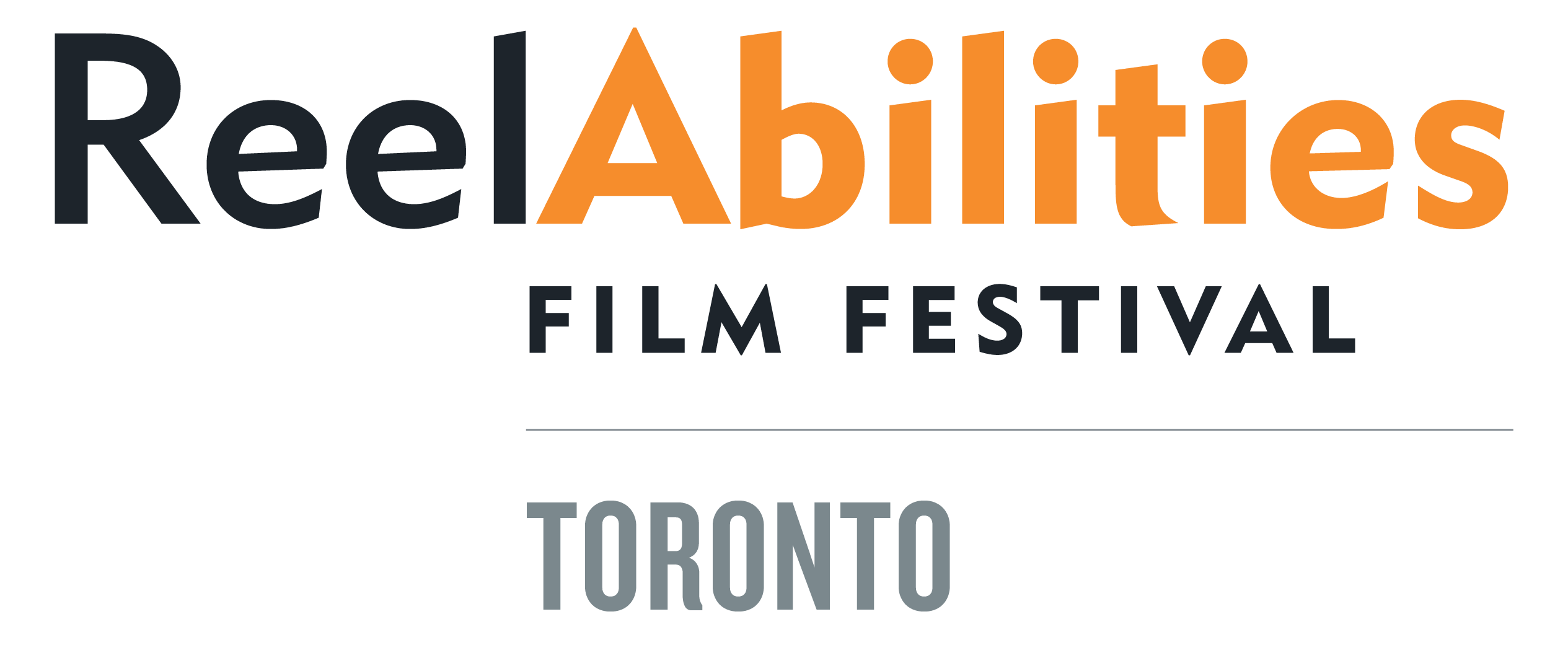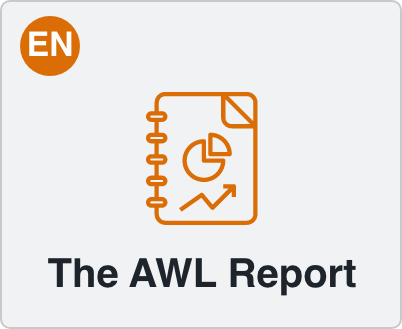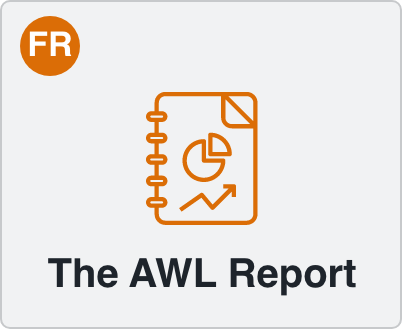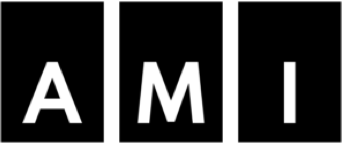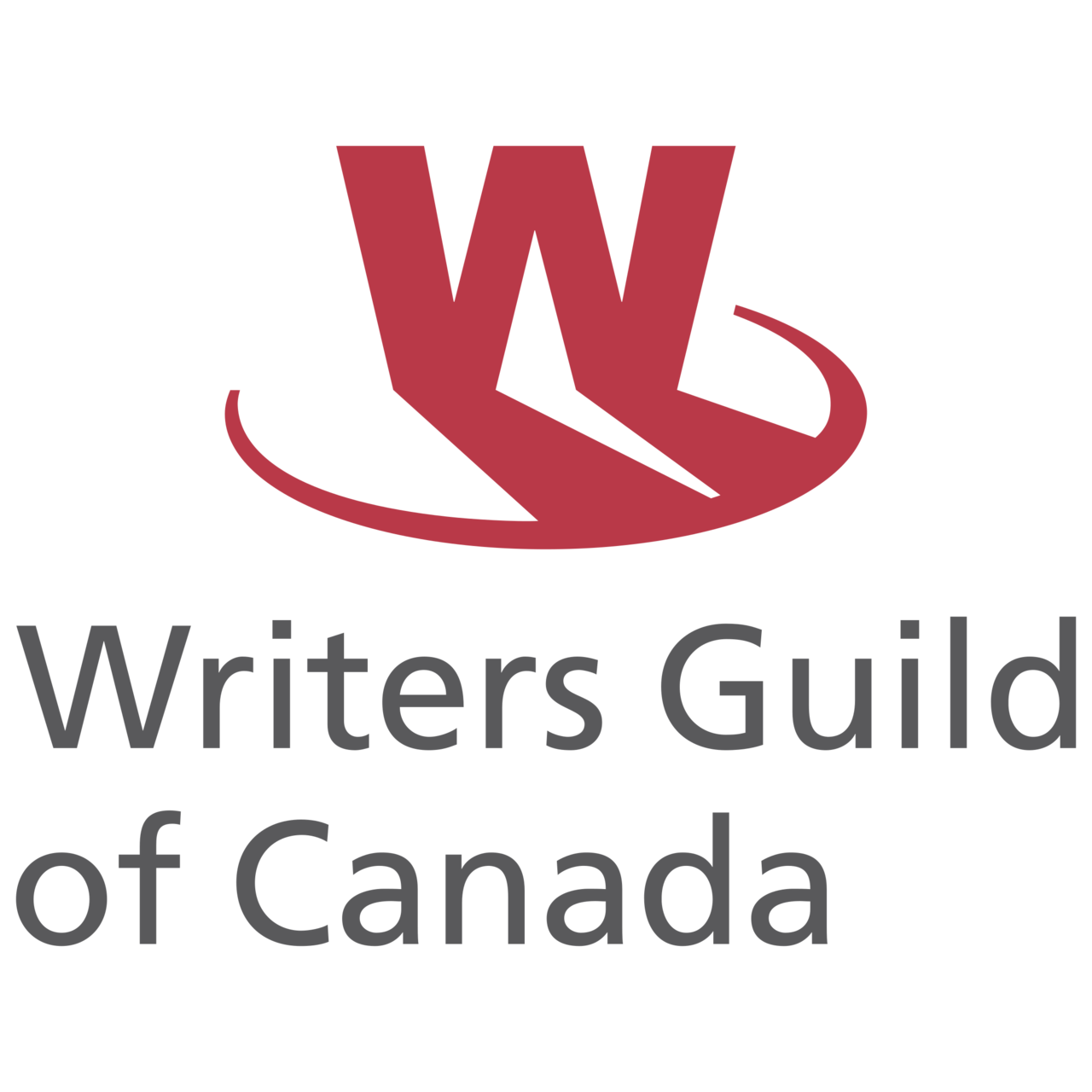
Accessible Writers’ Lab
The Accessible Writers’ Lab is a national program, designed by Ophira Calof, creating space for 6 disabled writers to experiment with what an accessible writing process might look like for them.
The Programme de scénarisation accessible 2022 Edition is a parallel French-language program, inspired by the Accessible Writers’ Lab and administered by l’Académie canadienne du cinéma et de la télévision.
Case study reports from both programs are now available in PDF formats, in both English and French.
Scroll down or click on the titles below to learn more about the following:
Webinar — March 30, 2023
Join us on March 30, 2023 at 12 PM EST for a free webinar presentation on key learnings from the Accessible Writers’ Lab report led by Creative Director Ophira Calof, and made possible with the support of the Writers’ Guild of Canada. To register for the webinar, please click here.
ASL Interpretation and auto-captioning will be provided. If you have other accessibility requests, please email accessiblewriterslab@gmail.com.
Full video transcript is available in the Youtube video caption.
Accessible Writers’ Lab (AWL) Report
2022 AWL Writers: Carrie Cutforth, Connor Yuzwenko-Martin, Katarina Ziervogel, Kitoko Mai, M.C Cruz, Wake Lloire
This program was administered by the ReelAbilities Film Festival Toronto and co-designed by the AWL Writers with the program’s Creative Director, Ophira Calof, exploring possibilities for what an accessible writers’ room could be. Together, we developed 6 research questions that are discussed in detail in the program’s case study report, and held seminars with industry guests, focusing on accessibility and screenwriting.
If you require an alternate formats or have any additional questions, feel free to email us at accessiblewriterslab@gmail.com.
Presented by the Canada Media Fund, Telefilm, and Accessible Media Inc., in partnership with ReelAbilities Film Festival Toronto and the Miles Nadal JCC.
Programme de scénarisation accessible
2022 PSA Writers: Philippe David, Patrick Desjardins, Jennifer Manning, Laura Marroquin-Ethier, Marie-Pierre Petit, Stéphanie Veilleux, Hodan Youssouf
This program, administered by L’Académie Canadienne du Cinéma et de la Télévision, Charlotte Jacob-Maguire and Mouloud Boukala, involved four sessions which brought together d/Deaf and disabled participants and experienced, non-disabled writers, actors and producers in order to have non-hierarchical discussions on avenues for collaboration and inclusion.
If you have any questions about this program or report, please feel free to reach out to: nhassouna@academie.ca or dedy@academie.ca
Presented by Telefilm Canada, and Accessible Media Inc., in partnership with ReelAbilities Film Festival Toronto and the Miles Nadal JCC.
Shared Reflections
While the Programme de scénarisation accessible and the Accessible Writers’ Lab 2022 Editions had different program structures, in comparing and contrasting our learnings, we arrived at several shared reflections.
- In order to reach disabled writers, you first have to build relationships with disability communities. Developing trust can take time, and might involve:
- Consistently providing intentionally accessible programs
- Hiring disabled creatives in key decision making roles
- Platforming disabled talent and their work
- Partnering with disability-led organizations
- Forming connections with accessibility providers, and more.
- Accessibility often requires time and flexibility. Longer submission windows provide an opportunity for creatives to gather the information and access the support they need to apply for an opportunity. Longer program timelines give space to assess, plan for, and meet accessibility needs as they arise.
- Conventional working structures, including long days and production overtime, were frequently cited as inaccessible for many disabled creatives.
- Trusted accessibility support staff play a major role at all stages of training and creative processes.
- Sign languages and spoken languages aren’t a direct 1:1 translation. Sign languages have their own cultural nuances including facial expressions and gestures, with unique grammatical structures. It is essential to create space for sign languages, decentering the spoken and written word in writing and production practices.
- Across both programs, the majority of applicants had a background in live theatre. Many noted that, while they would like to pursue film and tv professionally, they had previously found more accessibility in theatre.
- Many writers in both programs reported that they are routinely solicited as consultants on disability-focused productions, instead of as credited writers.
- To avoid tokenism and exploitative representations, it is key to hire multiple writers with lived experience of disability, coming from a variety of perspectives.
- Financial cost was cited as a significant barrier to disabled creatives in pursuing training opportunities and project development.
- Industry professionals in both programs noted a lack of resources and information to support them in increasing accessibility in their own practices.
